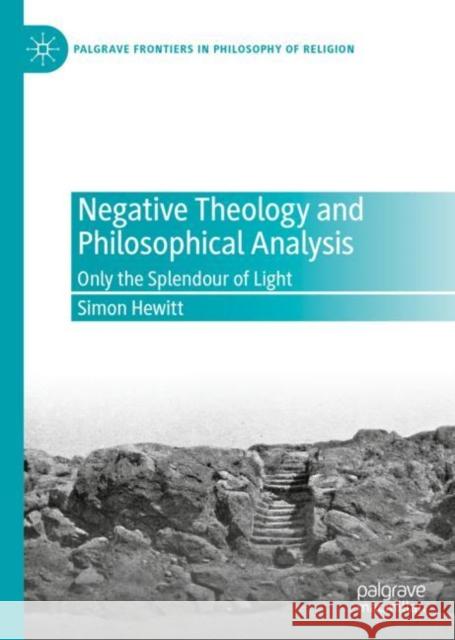Negative Theology and Philosophical Analysis: Only the Splendour of Light » książka
topmenu
Negative Theology and Philosophical Analysis: Only the Splendour of Light
ISBN-13: 9783030496012 / Angielski / Twarda / 2020 / 191 str.
Negative Theology and Philosophical Analysis: Only the Splendour of Light
ISBN-13: 9783030496012 / Angielski / Twarda / 2020 / 191 str.
cena 402,53
(netto: 383,36 VAT: 5%)
Najniższa cena z 30 dni: 385,52
(netto: 383,36 VAT: 5%)
Najniższa cena z 30 dni: 385,52
Termin realizacji zamówienia:
ok. 22 dni roboczych
Dostawa w 2026 r.
ok. 22 dni roboczych
Dostawa w 2026 r.
Darmowa dostawa!
Kategorie:
Kategorie BISAC:
Wydawca:
Palgrave MacMillan
Seria wydawnicza:
Język:
Angielski
ISBN-13:
9783030496012
Rok wydania:
2020
Wydanie:
2020
Numer serii:
000454104
Ilość stron:
191
Waga:
0.41 kg
Wymiary:
21.01 x 14.81 x 1.42
Oprawa:
Twarda
Wolumenów:
01
Dodatkowe informacje:
Wydanie ilustrowane











